Atibala is also called "Indian mallow," which means "Very Powerful." It grows as a weed along roadsides and in hotter parts of India. Different parts, like roots, leaves, flowers, bark, seeds, and stems, are used in traditional medicine. The plant has anti-inflammatory, anti-hyperlipidemic, diuretic, hepatoprotective, hypoglycemic, immunomodulatory, analgesic, antimicrobial, anti-malarial, wound-healing, and antidiarrheal properties. Boils and ulcers, fever, urethritis, syphilis, cataract, diarrhoea, leg pains, uterus displacement, snakebite, piles, gonorrhoea, cough, hemorrhagic septicemia, leprosy, dry cough, and bronchitis can all be helped by these properties.
Table of Contents
About Atibala:
Atibala is a member of the Malvaceae family. Its scientific name is Abutilon Indicum (Linn. In English, it is called "Country mallow." In Hindi and Sanskrit, it is called "Kanghi" and "Atibala." It's a shrub that grows back every year and can get up to 3 metres tall.
The plant grows in India, Sri Lanka, the tropical parts of the United States, and Malesia. It grows as a weed in India's sub-Himalayan regions, up to an altitude of 1200 metres, and in the warmer parts of the country.
It is a small plant that comes back every year and grows to about 1–1.5m tall. The plant's bark is thin and doesn't require much work to peel off. This plant's leaves are about 9 to 5 cm long. The petals are yellow, and the stems that hold them up are long. The flower has about 15 to 20 carpels. The seeds look like kidneys and are dark brown or black. The plant has deep roots that spread out into many side branches. The body needs roots, leaves, seeds, and flowers all very much.
This plant is mostly found on islands in the tropics. In India, most of it is grown in Tamil Nadu. In some places, this plant is popular because it looks nice. In other places, it is important because it has important medicinal properties. The whole plant can be used to make medicine. Its constituents are flavonoids and amino acids, alkanols, vanillic, hescoses, etc.
Nutritional value of Atibala:
Abutilon Indicum (Linn), also known as atibala, is a plant used in our Ayurveda to treat a number of health problems.
The whole plant is made up of things like mucilaginous compounds, asparagines, saponins, flavonoids, and alkaloids. Atibala also has -, caryophyllene oxide, endemol, pinene, caryophyllene farnesol, geranyl acetate, elemene, borneol, geraniol, and -cineole as essential oils.
Use of Atibala in Ayurveda:
The roots and seeds, especially, are full of healing properties, and the whole plant is used a lot in Ayurveda. Ayurveda says that Atibala brings the Vata and Pitta doshas into balance. It tastes sweet and is very strong. Atibala is mostly made up of hexoses, nn-alkaline mixtures, alkanols, vanillic acid, fumaric acid, and amino acids. It also has anti-inflammatory, antimicrobial, hepatoprotective, immunomodulatory, analgesic, hypoglycemic, and wound-healing properties.
How to use Atibala?
- Crushing the leaves and seeds with water makes a paste.
- The leaves can be made into a paste or juice, or they can be used on their own.
- You can also use a mixture of leaf powder and wheat flour.
- When mixed with ammonium chloride, a fruit decoction can be taken by mouth with water.
- People take seed powder by mouth with water.
- Powder can be made from the plant's roots.
- You can also use a root infusion.
Health benefits of Atibala:
Diuretic property: The roots, bark, and seeds of the atibala plant are very helpful for urinary problems and inflammation of the bladder because they are diuretics. This plant works as a natural laxative and also helps treat urinary tract and sexual organ infections.
Protects the liver: Atibala has a lot of hepatoprotective activity, which means it helps protect the liver. It naturally protects the liver and makes digestion better. The juice from the leaves can be used to treat ulcers and help them heal.
Helpful for arthritis: Arthritis causes joint pain, stiffness, and inability to move. Atibala helps with pain relief and reduces swelling. The super-powerful anti-inflammatory effect helps to ease these arthritis symptoms.
Antimalarial action: Malaria is characterised by a high fever, feeling sick, shivering, and pain. The atibala plant helps treat malaria because it kills the parasites that cause it. It eases the pain, helps treat fever, and makes the body stronger so it can fight off malaria.
Hypoglycaemic Power: The hypoglycaemic power is high in the leaves of the atibala plant. Plasma glucose levels are changed when atibala is used, which is good for people with diabetes. So, this plant is very important for diabetics because it naturally lowers the amount of sugar in the blood.
Natural Laxative: Constipation can cause a lot of problems, like haemorrhoids and stomach problems. The atibala plant is a natural laxative, so it can help people with constipation get rid of the problem on their own.

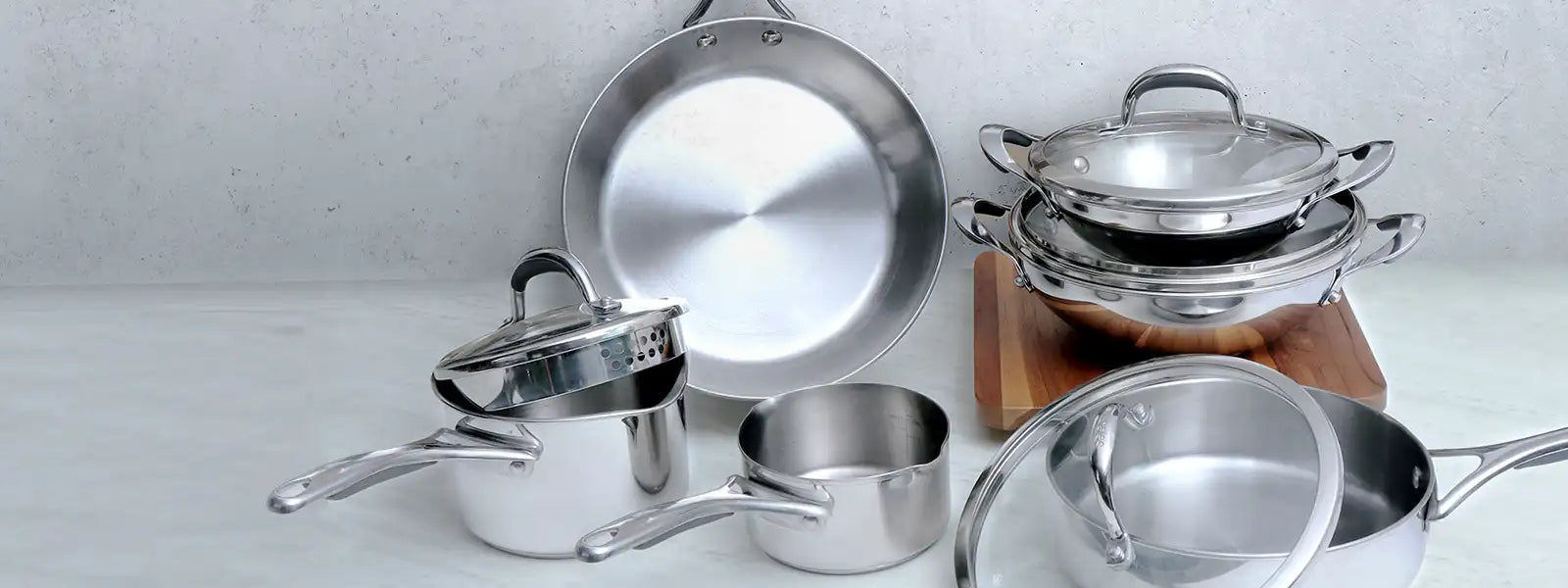
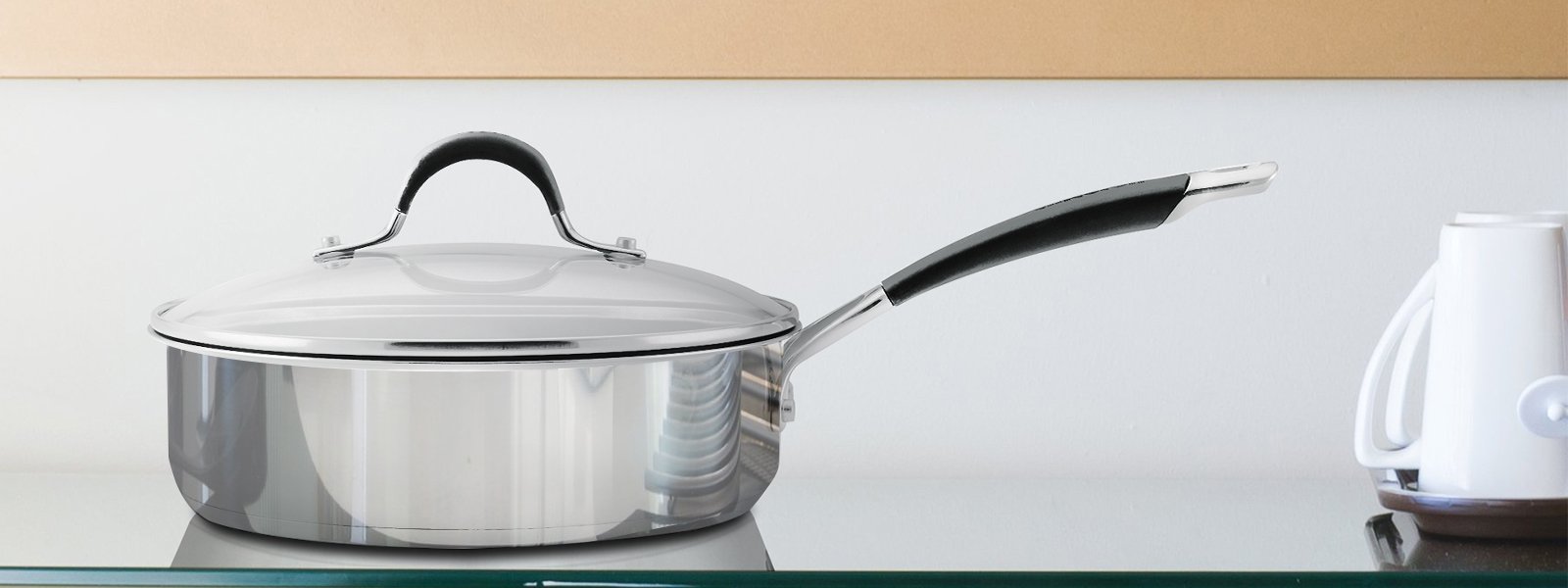
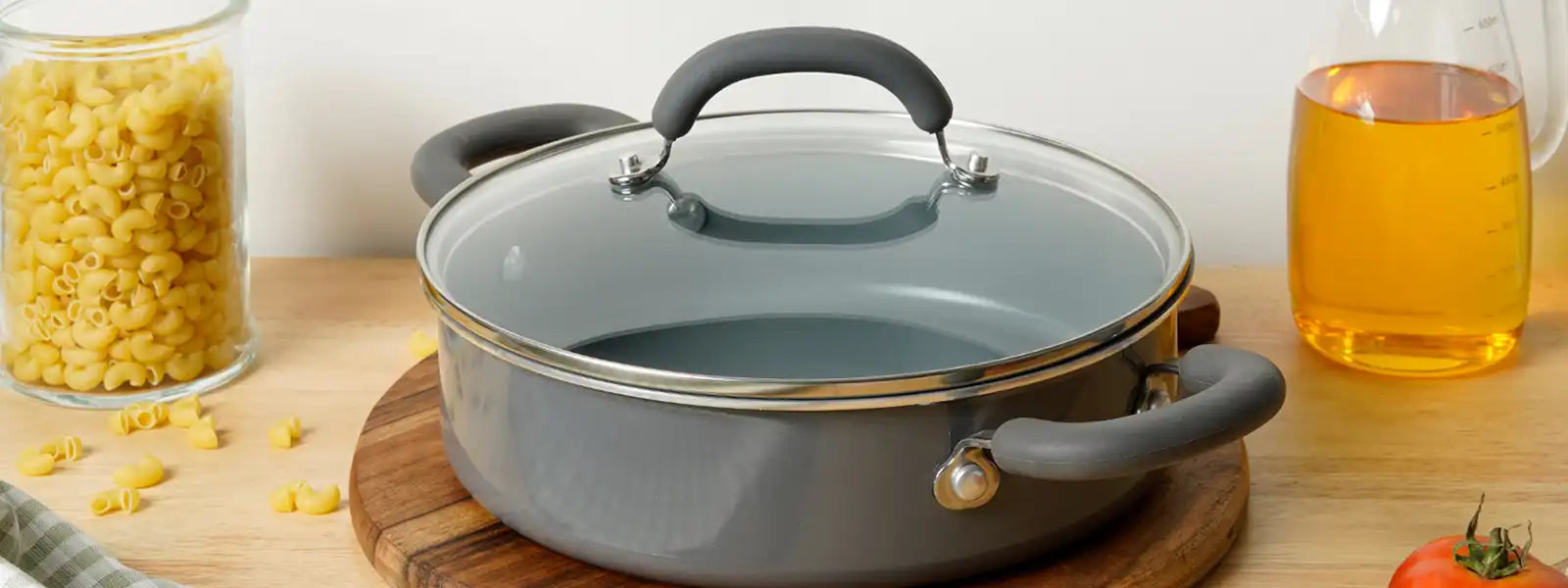
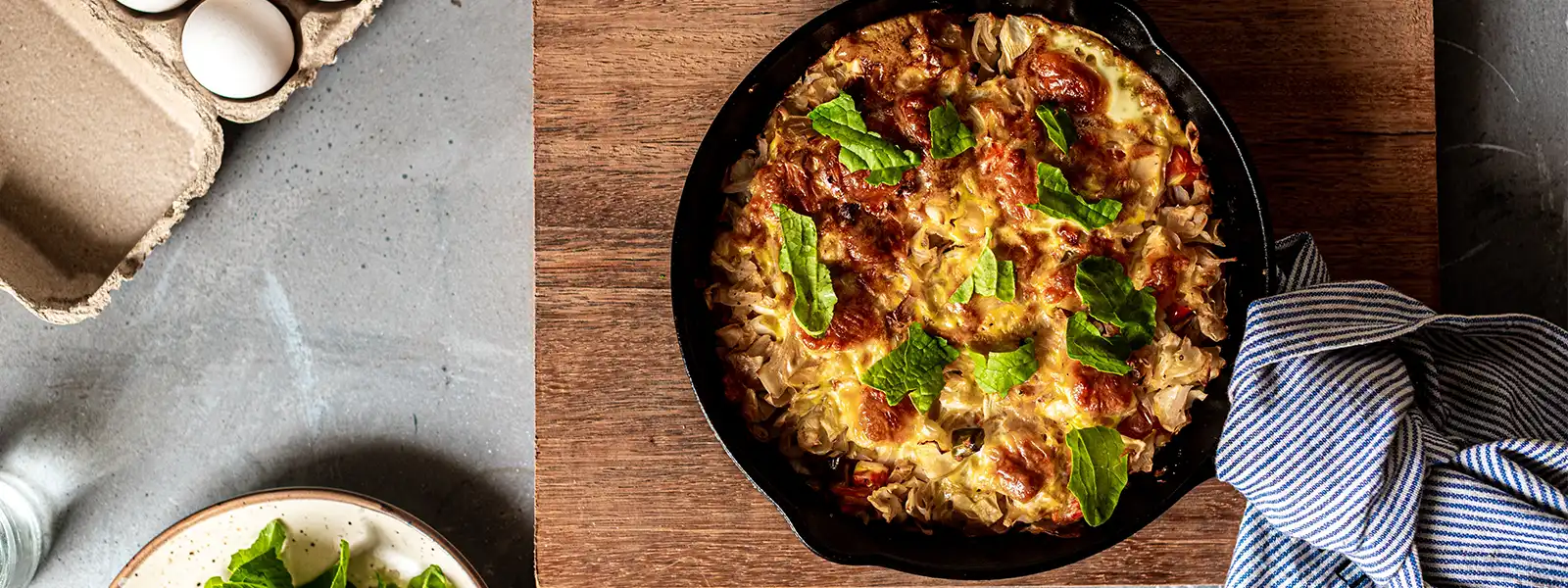


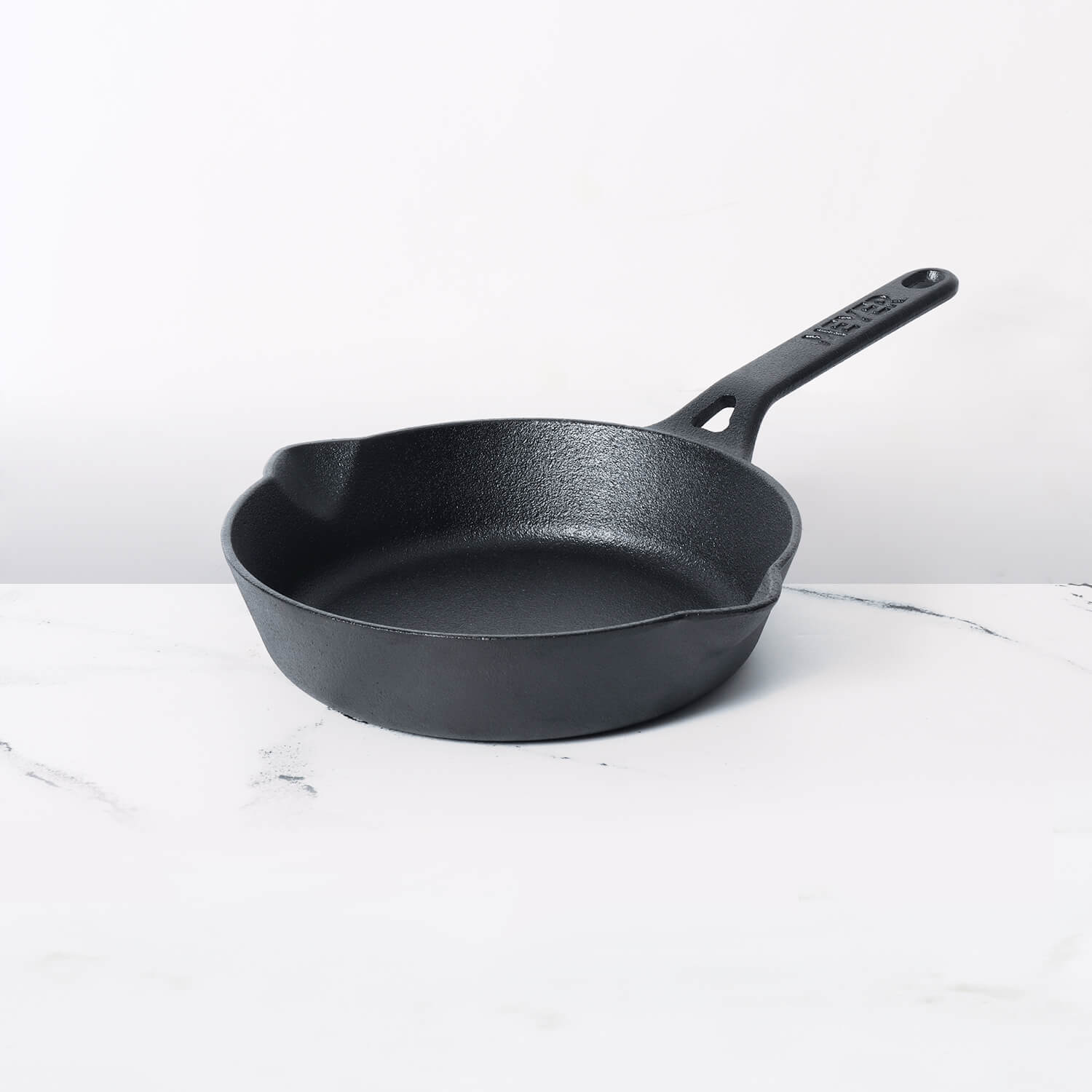




Leave a comment